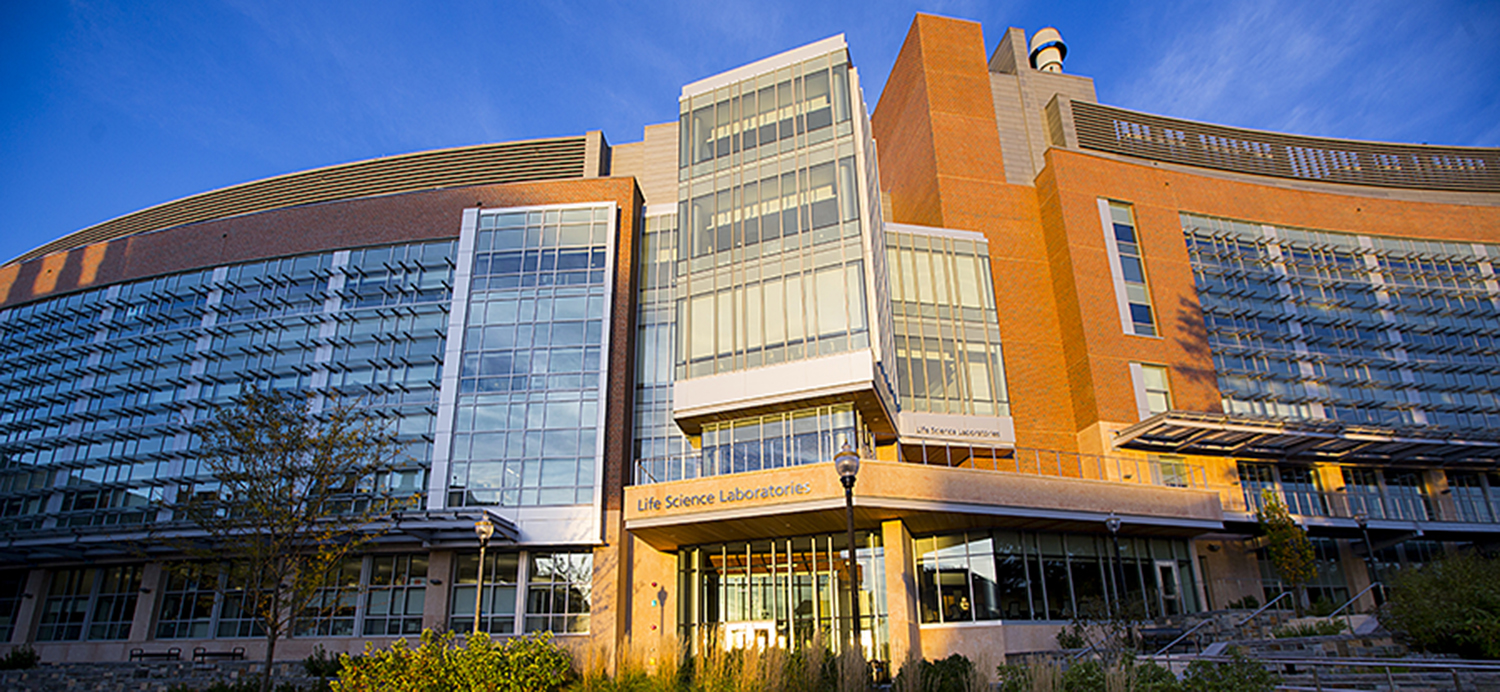
The Institute for Applied Life Sciences (IALS) was established in 2014 to translate multi-disciplinary research into product candidates, technologies, and services that benefit human health and well-being. The Human Testing Center is one of the many centers within IALS and comprises of five facilities: Exercise Intervention & Outcomes, Human Motion, Living Science, Room Calorimeter, and Sleep Monitoring. The human testing center allows for comprehensive investigation of physiological, biomechanical, and behavioral studies.
https://www.umass.edu/ials/sites/default/files/facilities/humanTesting_brochure.pdf
Human Testing Center Director: Michael "Mike" Busa
Education
From the University of Portland, Mike received a Bachelors of Science in Engineering Management. Mike then took time to focus on road bicycle racing as a job for five years where he met Stephen McGregor, a high level cycling coach and professor at Eastern Michigan University. Stephen McGregor applied models and principles from high level endurance training to walking and running locomotion in his research. With Mike's mathematical background, he joined Stephen at Eastern Michigan University as a masters student studying Exercise Physiology. Mike continued his education at UMass as a doctoral student, working with Richard Van Emmerik in the Biomechanics/ Motor Control lab. His doctoral dissertation involved building and testing a biomedical device to try to improve peripheral sensory function in people with sensory loss. Mike was approached to direct the Human Testing Center towards the end of his doctoral degree and beginning of his post doctoral fellowships in biomechanics and in physical activity monitoring. Towards the end of his post doctoral fellowship, plans for IALS cemented.
"I really like the ability to design experiments and ask questions to find the true answer of what I'm looking at, whether its testing if a device works or finding ways to evaluate specific disease populations...but I also like the idea of translating those findings quickly to the public"
Current Position
As director of the Human Testing Center, Mike's work lies in between both industry and research. Much of his work consists of validating wearable technologies for industry partners. Mike designs experiments, and pushes the technologies to give the best indication of how they perform. By testing the capabilities of devices, he is able to determine if they perform well or not, and to find the best use for these devices.
In general, Mike works with pharmaceutical companies who want to monitor people during clinical trials and find devices that will provide the companies with the right information at the right time for special populations.
Considering Mike's experience in biomechanics, physiology, and behavioral sciences, he has the ability to work in each of those areas. Depending on the specifics of a particular question, Mike may work alongside a collaborator in a project.
"A lot of the studies that I conduct and am interested in revolve around strong teams"
Careers
Mike spoke about jobs within athletic gear space, manufacturing soft and hard sports apparel and equipment. Large companies like Nike, Adidas, and Under Armor for example have large operations that test manufactured goods within their own facilities. Smaller companies like New Balance and Brooks will contract universities to conduct tests on their equipment.
Students with Masters degrees in biomechanics have gone on to direct the gait lab in Shriners Hospital for Children (Springfield, MA) and the pediatric gait lab in MassGeneral Hospital for Children (Boston, MA). Students may go on to be technical reps for motion capture camera companies or athletic shoe companies like New Balance as well.
Others from the kinesiology department have gone on to work for the U.S. Army Research Institute of Environmental Medicine (USARIEM). The USARIEM is the Department of Defense's leading laboratory for the performance and health of warfighters and focuses on environmental stimulation, physiological and cognitive performance, and nutrition research.
To learn more about USARIEM, explore https://www.usariem.army.mil/index.cfm/about.
To learn more about USARIEM, explore https://www.usariem.army.mil/index.cfm/about.
To learn more about the Human Testing Center, explore https://www.umass.edu/ials/ch2p

No comments:
Post a Comment